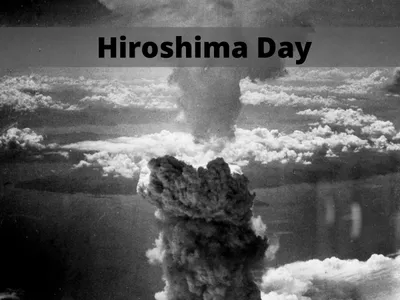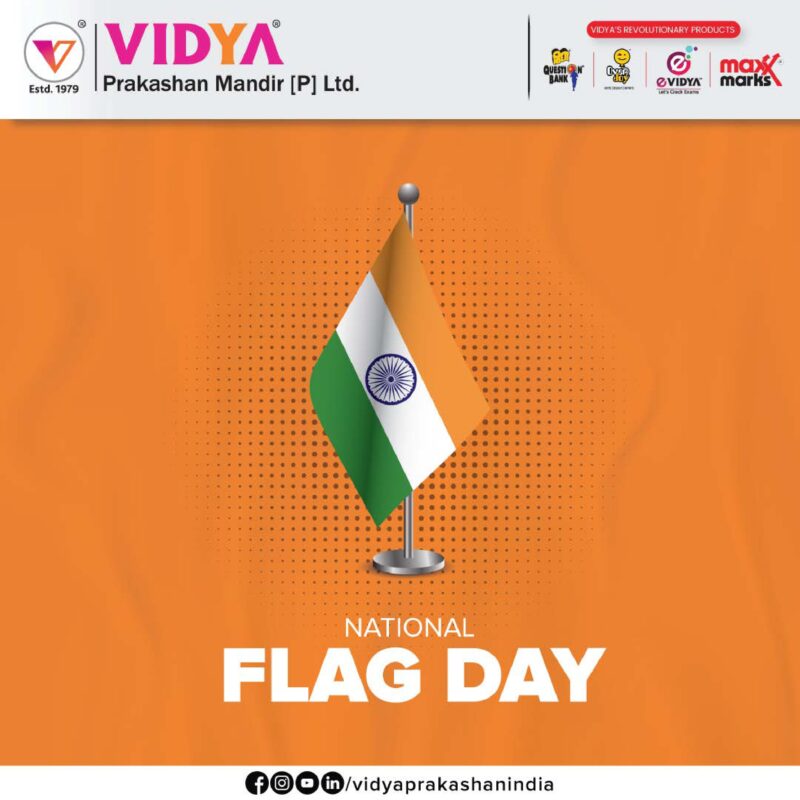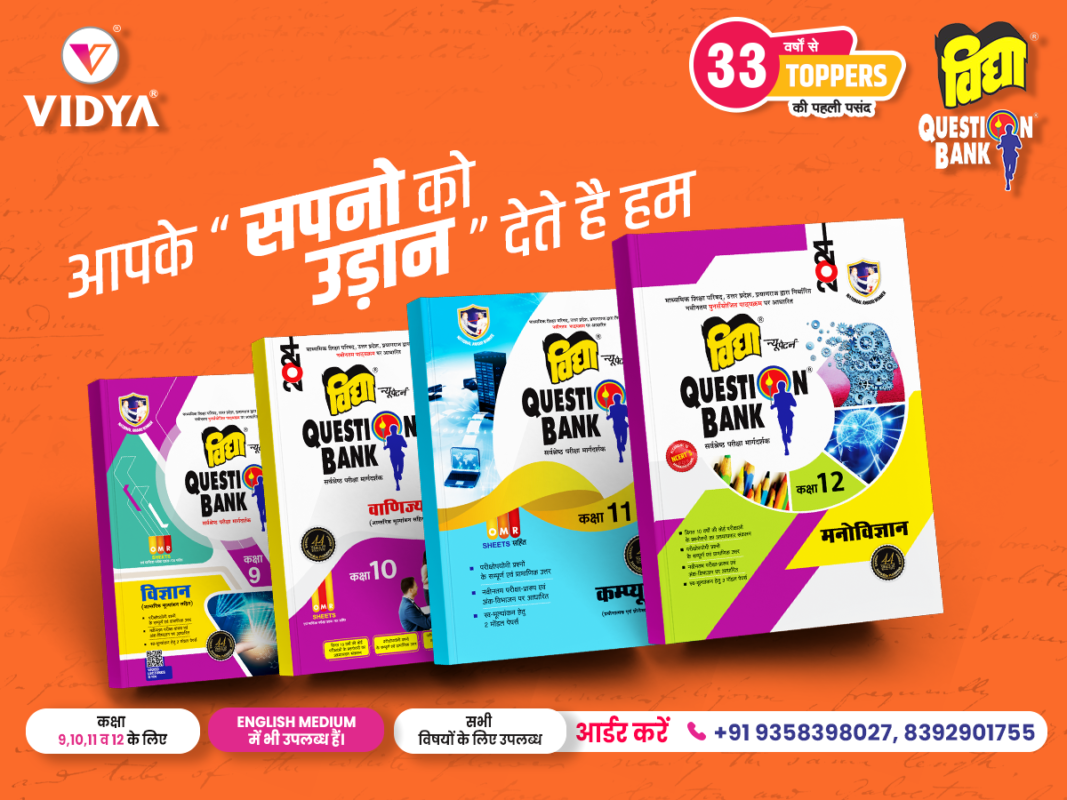Ambedkar Jayanti

Celebrating the Legacy of Dr. B.R. Ambedkar: A Tribute on Ambedkar Jayanti
About Ambedkar Jayanti
Babasaheb Ambedkar Jayanti, also known as Bhim Jayanti or Ambedkar Remembrance Day, is celebrated in India every year on 14 April. The day marks the birth anniversary of Dr. B.R. Ambedkar, a leader of Dalits and the chief architect of the Indian Constitution.
Some Facts about Ambedkar Jayanti
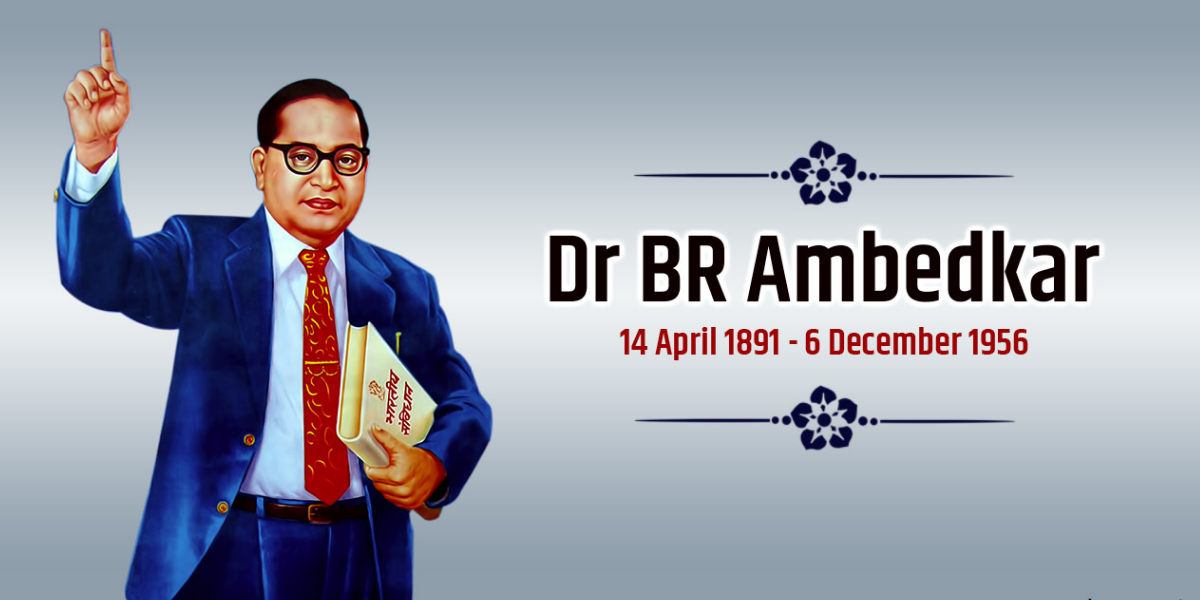
- Date: 14 April
- Also known as: Bhimrao Ambedkar Jayanti, Babasaheb Ambedkar Jayanti, Bhim Jayanti, Ambedkar Remembrance Day, Equality Day.
- Origin: Started in 1928 as a celebration of the birth anniversary of Dr. B.R. Ambedkar.
- Objective: To celebrate the life and legacies of Dr. Ambedkar and to promote equality and social justice.
- Theme: Typically, there is NO pre-announced theme for its celebrations. However, most of the events are organized on the theme of “Equality and Social Justice”.
Some Facts about Dr. Ambedkar
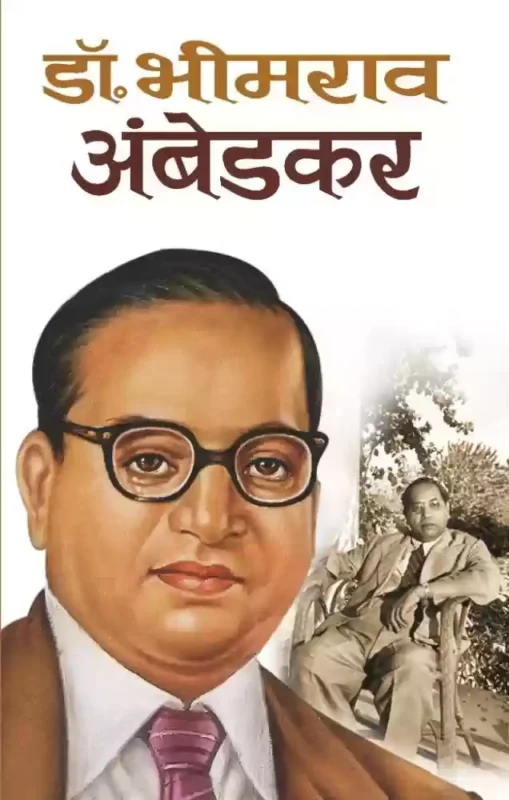
- Babasaheb Dr. Bhimrao Ambedkar was born in 1891 in Mhow, Central Province (now Madhya Pradesh).
- Ambedkar earned his Bachelor’s degree from Bombay University and went on to further studies at Columbia University in New York and the London School of Economics.
- Dr. Bhimrao Rao Ambedkar was a prominent Indian jurist, economist, social reformer, and politician.
- He is known as the Father of the Indian Constitution and was India’s first Law Minister.
- He was the Chairman of the Drafting Committee for the new Constitution.
- He was a well-known statesman who fought for the rights of the Dalits and other socially backward classes.
- Chaitya Bhoomi located in Mumbai, is a memorial to Dr. B.R. Ambedkar.
- He passed away on December 6, 1956, which is commemorated as Mahaparinirvan Diwas.
History of Ambedkar Jayanti Celebrations
The history of the celebrations is a gradual evolution from community-based commemoration to a national day of observance. The timeline of its origins and evolution can be seen as follows:
1928: The First Celebration
- The very first public celebration of Dr. Bhimrao Rao Ambedkar’s birthday is credited to social activist Janardan Sadashiv Ranapisay in Pune on April 14, 1928.
- This marked the beginning of a tradition, which was carried forward by the followers of Dr. Ambedkar over the years.
1940s-1980s: Growing Recognition
- Throughout the mid-20th century, as Ambedkar’s stature grew, the celebration of his birth anniversary witnessed growing recognition.
1990s Onwards: Increased Observance
- In 1990, Dr Ambedkar got the delayed award: the Bharat Ratna, India’s highest civilian honour. Also, the period 1990-91 was declared as the “Year of Social Justice”.
2020s: Central Government Recognition
- While there isn’t a specific documented date for a national holiday declaration, of late, the Central Government offices have been observing the day as a holiday for the last few years.
Contributions of Dr. Ambedkar
- In 1924, he started an Association for the welfare of the depressed classes.
- In 1926, the Municipal Board of Mahad (Maharashtra) passed an order to throw open the tank to all communities.
- In 1927, he started the Bahishkrit Bharat newspaper to address the cause of the depressed classes.
- Also, he led the Mahad Satyagraha in March 1927 against Hindus who were opposing the decision of the Municipal Board.
- He participated in all three Round Table Conferences.
- In 1932, Dr. Ambedkar signed the Poona pact with Mahatma Gandhi, which abandoned the idea of separate electorates for the depressed classes (Communal Award).
- In 1936, he formed the Independent Labour Party to safeguard the interests of the depressed classes.
- In 1942, Dr. Ambedkar was appointed to the Executive Council of the Governor General of India as a Labour member.
- In 1946, elected to the Constituent Assembly from Bengal.
- In 1947, Dr. Ambedkar became Minister of Law in the first Cabinet of independent India.
- In 1951 he resigned from the cabinet, over differences on the Hindu Code Bill.
Important Works done by Dr. Ambedkar
- Journals by him:
- Mooknayak in 1920
- Bahishkrit Bharat in 1927
- Samatha in 1929
- Janata in 1930
- Books by him:
- Annihilation of Caste
- Buddha or Karl Marx
- The Untouchable: Who Are They and Why They Have Become Untouchables
- Buddha and His Dhamma
- The Rise and Fall of Hindu Women
- Organisations by him:
- Bahishkrit Hitkarini Sabha in 1923
- Independent Labor Party in 1936
- Scheduled Castes Federation in 1942
Relevance of Dr B.R. Ambedkar in Present Times
- His vision for an inclusive and egalitarian society, as enshrined in the Indian Constitution, remains a guiding principle for the country’s future development.
- Additionally, his emphasis on education as a means of empowerment is particularly relevant today as India seeks to achieve its full potential as a global leader.
- Dr. Ambedkar’s legacy is an integral part of India’s national identity and his ideas continue to inspire generations.
Honour the life and legacy of Dr B.R. Ambedkar, a visionary leader, social reformer, and the architect of the Indian Constitution, on the occasion of Ambedkar Jayanti. Explore his remarkable journey, from overcoming adversity to championing social justice and equality. Discover how his teachings continue to inspire generations and drive positive change in our society.




 Maxx Marks Class 10
Maxx Marks Class 10 Maxx Marks Class 12
Maxx Marks Class 12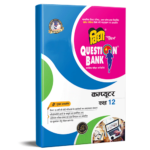
 Vidya Digest Series
Vidya Digest Series UP Board Textbooks
UP Board Textbooks UP Text Book Class 9
UP Text Book Class 9 UP Text Book Class 10
UP Text Book Class 10 UP Text Book Class 11
UP Text Book Class 11 UP Text Book Class 12
UP Text Book Class 12
